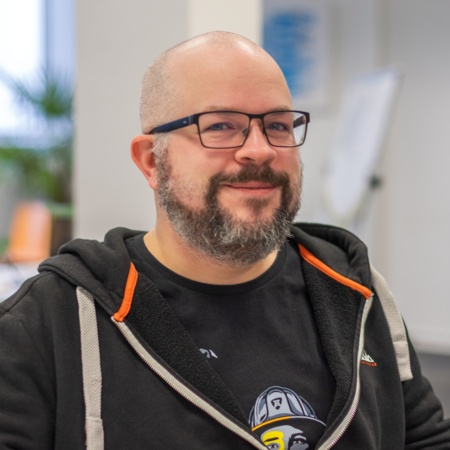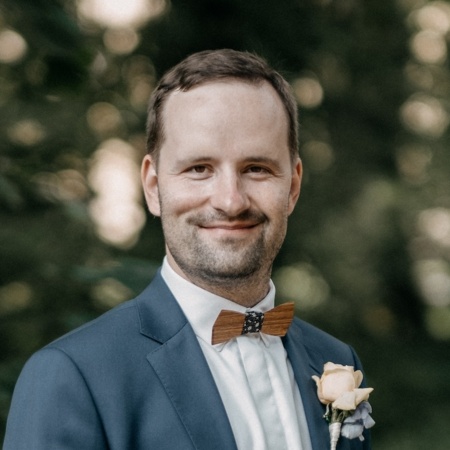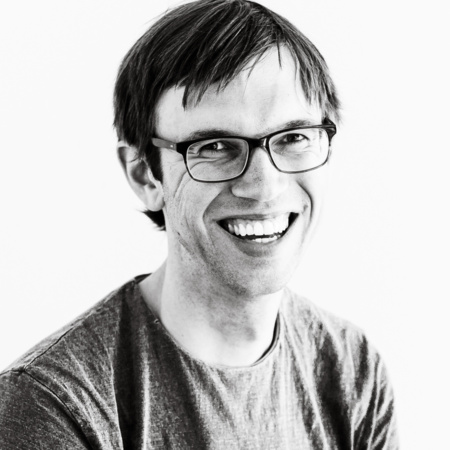Conference Schedule
Sunday, May 31: Pre Con Workshop, 9:00 am - 5:00 pm
Monday, June 1: Conference Day 1, 8:00 am - 6:30 pm
Tuesday, June 2: Conference Day 2, 8:00 am - 4:00 pm
Wednesday, June 3: Contribution Day Workshop, 9:00 am - 5:00 pm
After Con Neos Sprint: Exact date will be announced soon!




